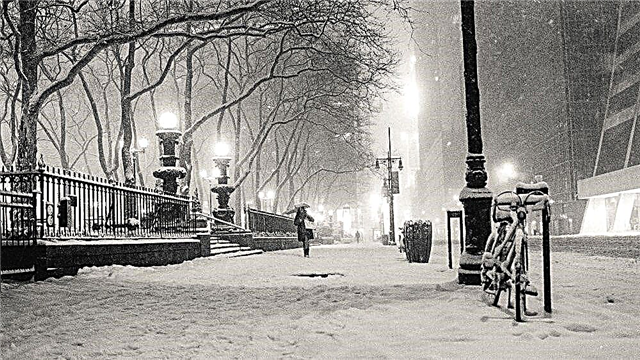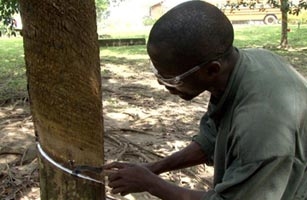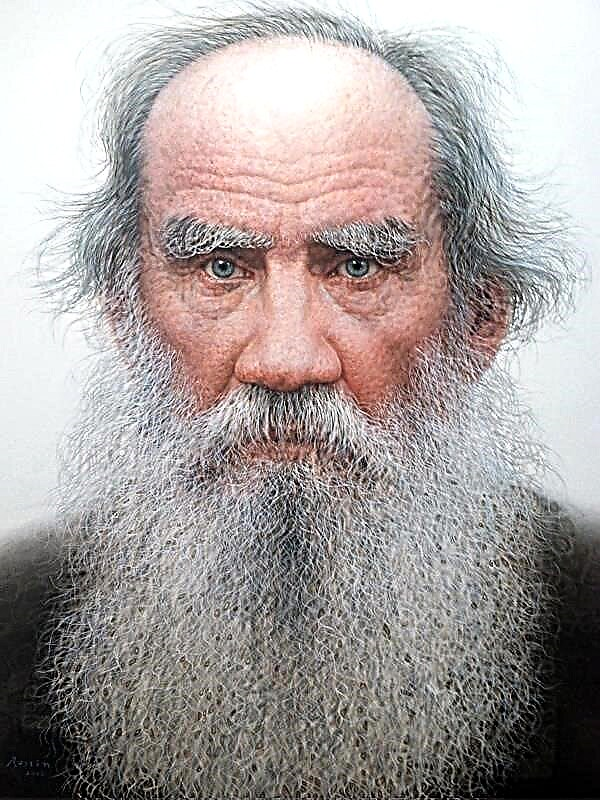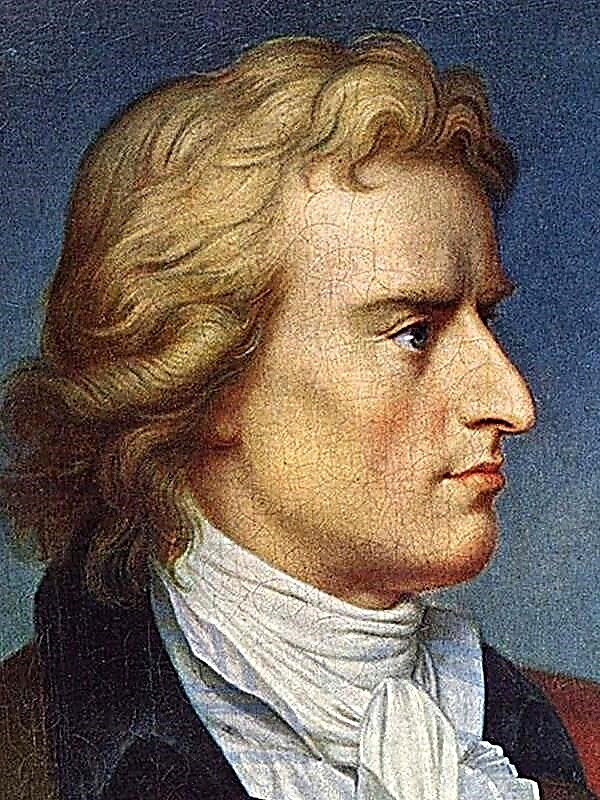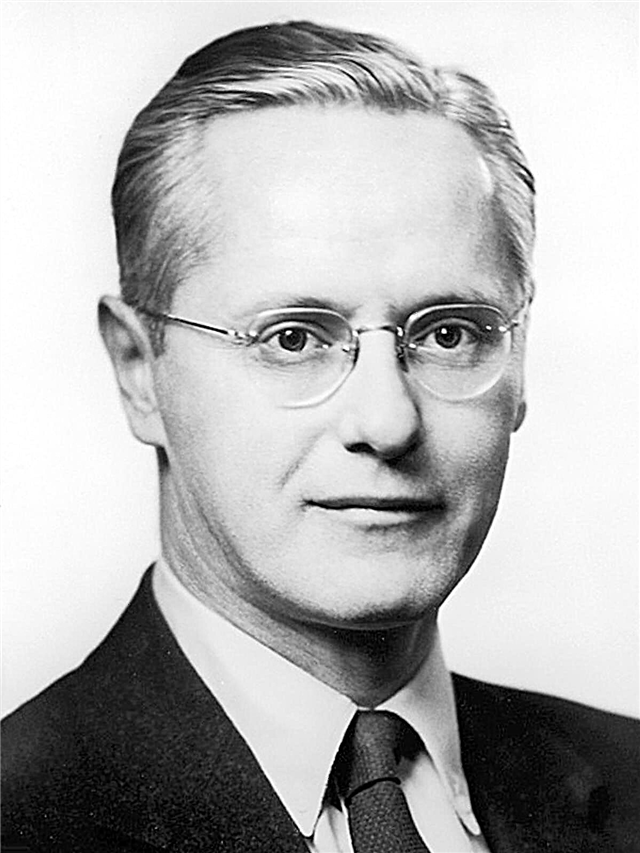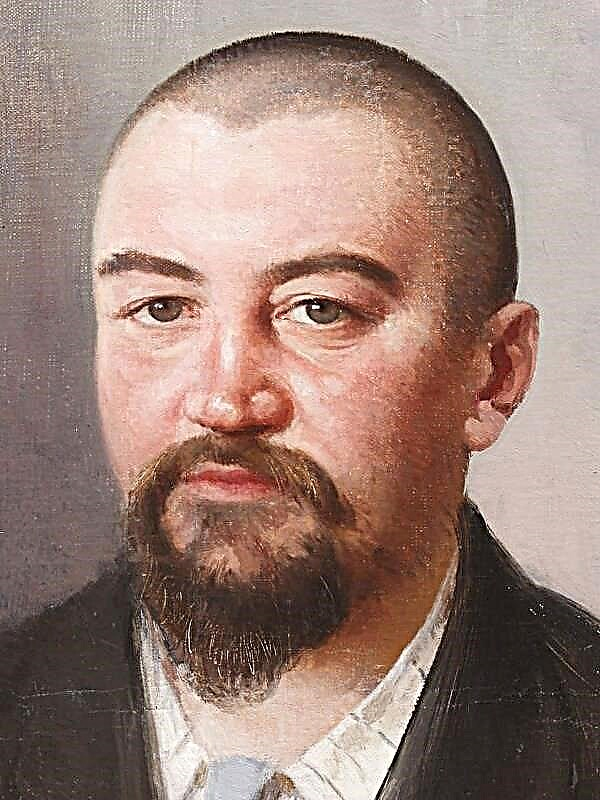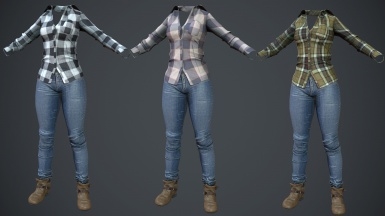For the first time, the author introduces the heroes of the novel on the eve of how they, as part of the French troops conducting combat operations against the fascist invaders in Flanders, retreat, find themselves captured and sent to a concentration camp for prisoners of war in Germany.
The main characters of the story are a young man named Georges, captain de Reischak, his distant relative and commander, as well as their colleagues Blum and Iglesia, a former jockey de Reischac, and now his orderly. The plot of the novel has no linear composition. It is built on the memories, assumptions of the characters, as well as on their attempt to compare the events taking place before their eyes or captured in their memory with the events of a century and a half ago.
Georges' mother, Sabina, belongs to the sideline of an old noble family de Reishakov, which is incredibly proud. Her family lives in a family castle inherited by her. Among the other relics and documents collected by Sabina, the castle houses a portrait of one of her ancestors, who, according to legend, due to his wife’s infidelity, committed suicide with a pistol and was found in the bedroom by a servant who had come running to the sound of a gunshot completely naked. As a child, Georges, with vague anxiety and fear, looked at this portrait in a gilded frame, because there was a red hole on the forehead of the ancestor depicted on it, from which blood flowed down a stream. In the endless stories told by Sabina about de Reischacs, he was presented with the image of the whole family. So Georges didn’t even need to meet de Reischak himself, who was completely alone of the whole family, and four years before the events described in the novel, he married a scandalous whisper to Corinne, a young girl of a very dubious reputation. She forced him to retire from military service, buy a huge black car for joint trips, and she - a race car and a racehorse. Following the acquisition of the horse, she began close contact with the jockey Iglesia, a man of a very unappealing appearance, which caused de Reischak burning jealousy. Soon, de Reischac was drafted into the army and, in spite of his suspicions, arranged for the stud jockey to be his orderly, that is, he remained subordinate to him.
Georges, once in the army, comes under the command of de Reischac, who receives a letter from Sabina, the mother of Georges, asking him to take care of her son. Her letter makes George furious. He does not have time to take part in the battles, because his detachment is forced to retreat under the onslaught of the enemy. At first, this takes place under the leadership of de Reischac. However, he is increasingly losing any desire to fulfill his command duties. According to Georges, all his behavior, his fatalism and serenity in the face of danger testify to his desire to put an end to his existence, since only death seems to him a way out of the situation in which he put himself, having married four years ago on Corinne.
The de Reischak cavalry detachment moves through Flanders, observing the tracks left by the war on all its roads. The roadsides are strewn with the corpses of people, animals, things that their owners left on the roads, being unable to drag them along further.
In one village where the detachment stops for a halt awaiting orders from the command, Georges and his friends watch a skirmish between two men over a young woman whose husband is at war. The husband’s brother with a gun is trying to discourage his arrogant boyfriend from his daughter-in-law and protect the honor of the family. Georges, it seems to him, manages to notice her milky-pale silhouette at dawn, and another time, the waving of the curtain, behind which is she? supposedly recently stood, and this is enough for him to remember this girl in the most difficult moments of complete deprivation of life and imagine that he is not alone and will be warmed by the warmth of her love.
The order from the command of de Reischac did not succeed in waiting, and he decides to move with his detachment in search of the surviving parts of the French army. On the road in one of the villages they see a funeral procession. All its participants take the detachment with hostility, and only one woman, taking pity on the cavalry, shows them the path free from the enemy. Soon, because of the hedge begins, scribble machine. Reishak, sitting on a horse, manages to bare his saber, but the bullets overtake him and he dies. The cavalrymen rush in all directions, and Georges continues his journey with only Iglesia. They make their way into the empty, as it seems to them, house and want to find some civilian clothes in it for themselves. The lonely old man appears in the house, who only after threats agrees to give it to Georges and Iglesia. Together with them, he gets to the nearest inn, where all three, drunk from juniper vodka, spend the night.
The next morning, Georges and Iglesia, sensing the approach of the enemy, are trying to hide in the forests. But they cannot escape, they are seized and thrown into a chock-full wagon for transporting cattle. To everyone who gets into this car, incredibly slowly moving towards Germany, it seems that he will not be able to breathe his fetid, stale air for more than a few seconds. Without food and drink, Georges and Iglesia will spend long days here. After some time, Blum, the companion of Georges, gets into the same car. Georges shares with him the last crust of bread.
All three soon find themselves in a concentration camp, where Georges and Iglesia (Blum dies after some time) will spend five years. In the camp, life flows according to its own laws. Prisoners are used in earthworks, paying them miserable camp pennies. They are punished subtly for negligence and neglect in work. Once, taking advantage of the inattention of the sentry, Georges tries to escape, but hunters find him sleeping in the forest and send him back.
Wanting to at least take some time, Georges and Blum are trying to pull out from Iglesia new details of his relationship with Corinne de Reischac. Blum draws parallels between the fate of captain de Reischac and his ancestor, depicted in a portrait in the house of Georges, because Georges told him in detail about him. Blum comes up with more and more new circumstances of his life and death, trying through one de Reischac to understand another, to understand their generic features.
After his release, Georges lives in his parental home and works on the ground. One day he meets Corinne, whose thoughts supported him in moments of difficult trials. According to her behavior, as well as the behavior of Iglesia, it is difficult to say that everything the jockey said about his relationship with Corinna is true.

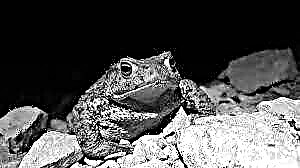
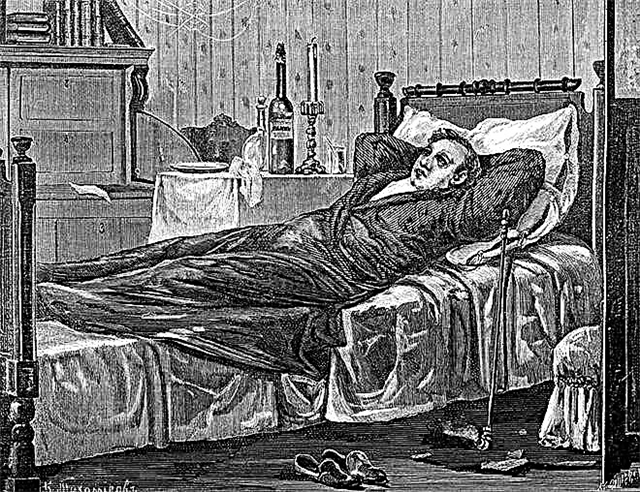
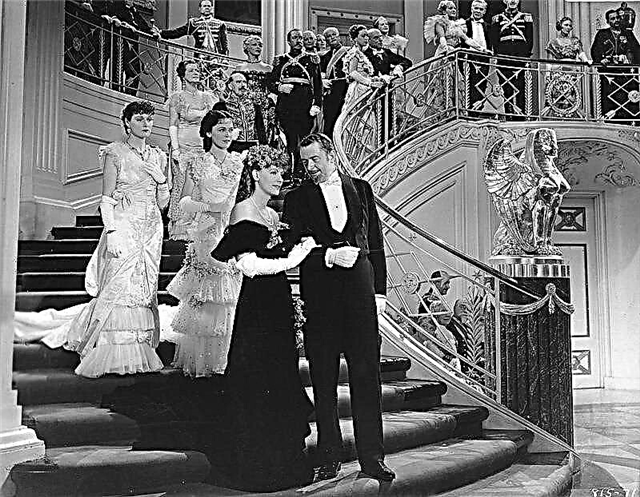
 Menehms
Menehms